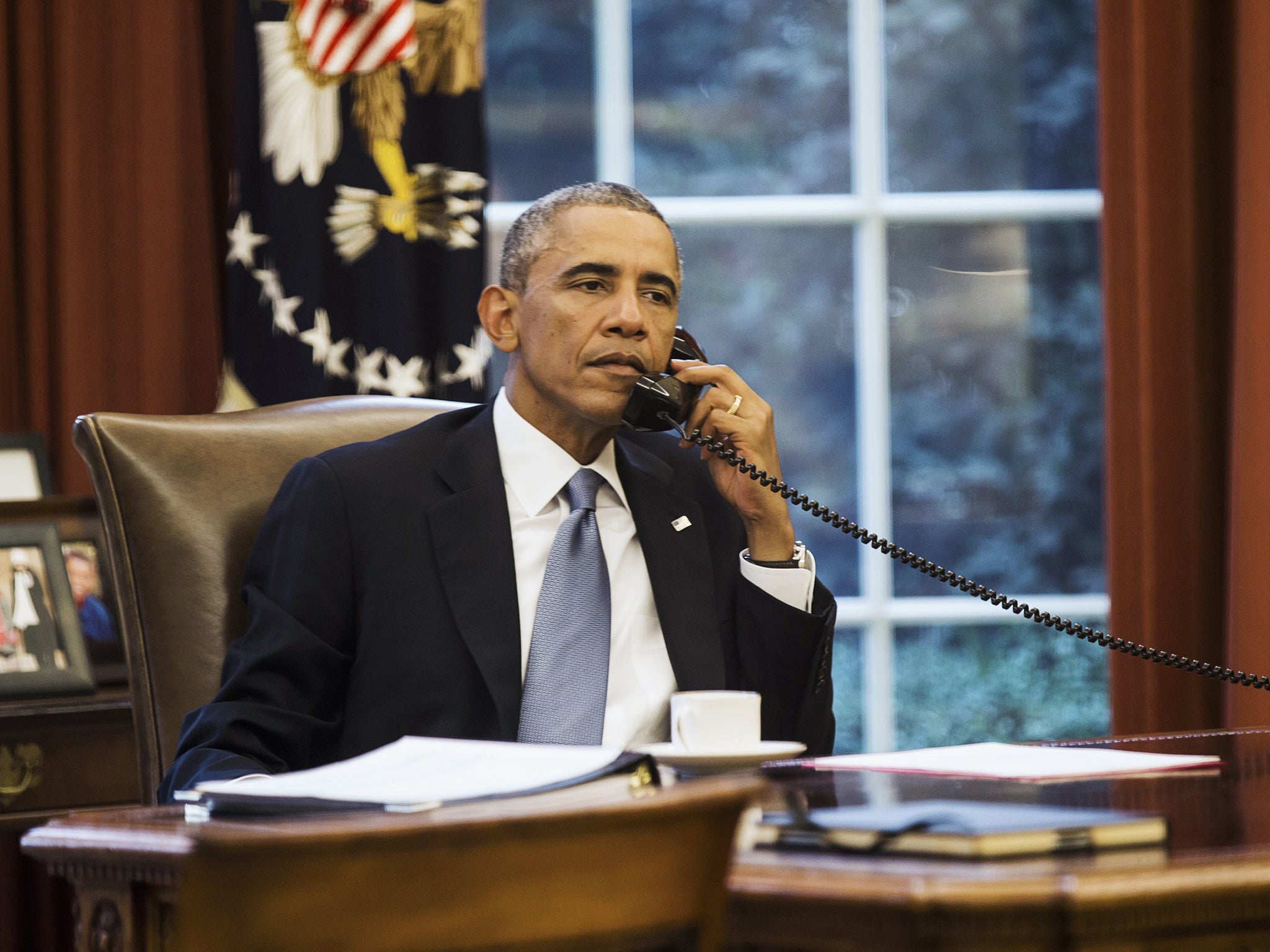Your support helps us to tell the story
From reproductive rights to climate change to Big Tech, The Independent is on the ground when the story is developing. Whether it's investigating the financials of Elon Musk's pro-Trump PAC or producing our latest documentary, 'The A Word', which shines a light on the American women fighting for reproductive rights, we know how important it is to parse out the facts from the messaging.
At such a critical moment in US history, we need reporters on the ground. Your donation allows us to keep sending journalists to speak to both sides of the story.
The Independent is trusted by Americans across the entire political spectrum. And unlike many other quality news outlets, we choose not to lock Americans out of our reporting and analysis with paywalls. We believe quality journalism should be available to everyone, paid for by those who can afford it.
Your support makes all the difference.Thirteen years ago on Thursday, militant Islamists launched the 9/11 attacks against America, and US foreign policy in the Middle East has been out of kilter ever since. George W Bush was goaded by the neoconservatives into invading Iraq, which had nothing to do with the events of that traumatic day. That decision proved to be one of the greatest geopolitical blunders in US history, and his successor devoted the first term of his presidency to reversing it, by extricating America from endless wars in Afghanistan and Iraq.
But now Barack Obama finds himself – against his every instinct – sucked back into the swamp, authorising a theoretically limited, but in practice open-ended campaign to “degrade and ultimately destroy” Isis, the brutal radical Sunni organisation that now controls swathes of Iraq and Syria, and aspires to establish a caliphate across the entire region.
On Wednesday evening, in a rare prime-time televised address, he sought to justify a decision in which he ultimately had no choice. Horrified by the beheadings of two American hostages, US public opinion has switched, temporarily at least, from war weariness to a clamour that “something must be done”.
Fuelling this change have been apocalyptic warnings from politicians and so-called experts that Isis poses an immediate and arguably even greater threat to the US mainland than did al-Qaeda in September 2001. No matter that US intelligence has concluded that this risk is, for now, much overblown. To have done nothing would have been politically impossible for an unloved President, relentlessly criticised for his apparent passivity in foreign affairs.
None of the above, however, changes the eternal dilemma that Mr Obama confronts. “Don’t do stupid stuff” has been the mantra, absolutely correct, of his foreign policy. Like it or not, however, the US cannot avoid involvement in the Middle East. Alas, much of what it does there only seems to make the problem worse, its interventions only acting as recruiting agents for the jihadists.
Mr Obama’s speech was an attempt to thread this needle. The US will step up air strikes against Isis, carrying the campaign into Syria where, despite three-and-a-half years of appalling civil war, he had previously refused to intervene. It will also send a few hundred extra “advisers” to help. But if the would-be caliphate is to be destroyed, that cannot be achieved by air power alone. Ultimately, it is up to the countries of the region to do the job. The US therefore aims to build “a broad coalition”, while maintaining that there will be no American boots on the ground.

Mr Obama’s approach harks back to the cautious and consensus-building foreign policy of the first President Bush and his successor Bill Clinton. Moreover, it is one around which the country – even including today’s hyperpartisan and dysfunctional Washington on the eve of midterm elections – seems ready to rally, whatever its feelings about the President himself. But for how long?
The potential pitfalls are almost too many to enumerate. Will domestic opinion stay the course, especially if there are American casualties? Are there still “moderate” Syrian rebels whom the US can arm? Will the new government in Baghdad, whose formation Washington has said was a prerequisite for the new policy, really be inclusive enough to persuade moderate Sunnis to fight Isis?
What of the Kurds, and Iran, with whom the US is in uneasy collaboration against Isis, even as it seeks to curb Tehran’s nuclear ambitions? And will American intervention merely draw more disaffected young Sunni men to the radical cause? If recent experience is anything to go by, the law of unintended consequences will prevail. What a terrible irony that a President who sought to end his country’s wars with Islam has been obliged to launch a new one, even more unpredictable than its predecessors.

Join our commenting forum
Join thought-provoking conversations, follow other Independent readers and see their replies
Comments